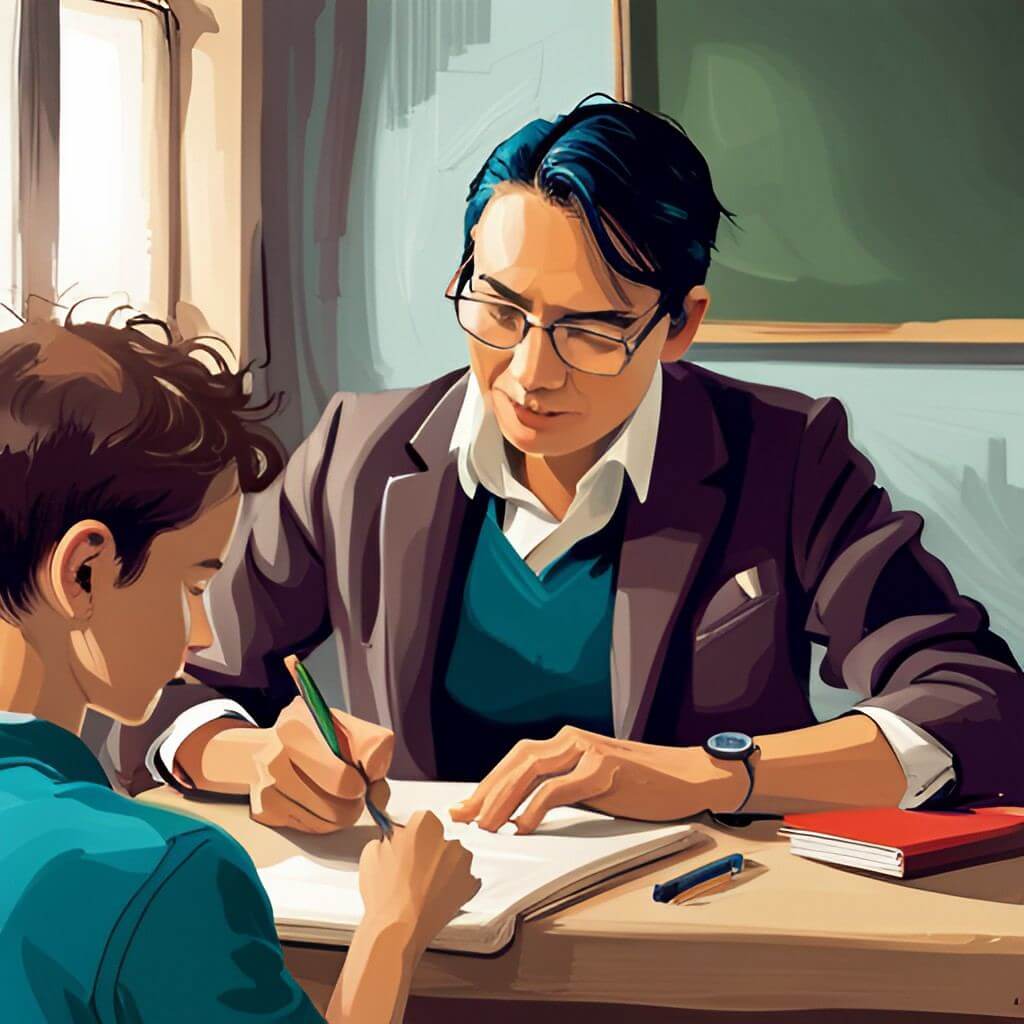In a rapidly evolving educational environment marked by the proliferation of AI technologies, OpenAI has taken a significant step to address educators’ concerns and dilemmas. As ChatGPT continues to gain prominence, educators grapple with the challenge of harnessing its potential while ensuring that students create original work. OpenAI has responded to this need by releasing a comprehensive teaching guide aimed at empowering educators to navigate the integration of AI into their teaching methodologies. This guide not only sheds light on how some instructors are leveraging ChatGPT but also underscores the importance of fostering critical thinking and responsible AI use among students.
Enriching education through creative methods
Dr. Helen Crompton, a distinguished figure in the field of Instructional Technology at Old Dominion University, advocates for an innovative approach to teaching with ChatGPT. She encourages her education graduate students to utilize ChatGPT as a versatile tool for role-playing challenging conversations. For instance, students can simulate debates with ChatGPT, which serves as a critical partner, identifying weaknesses in their arguments. Alternatively, ChatGPT can embody the persona of a recruiter conducting a job interview or a new boss delivering feedback. This interactive exploration of information in a conversational setting enriches students’ understanding, providing nuanced perspectives that enhance their learning experience.
In Spain, Professor Fran Bellas from Universidade da Coruña recommends an ingenious use of ChatGPT as an assistant for crafting educational materials. Educators can seamlessly integrate ChatGPT into their workflow by sharing the curriculum with the AI model. Subsequently, they can request fresh quiz and lesson plan ideas, enriched with modern or culturally relevant examples. Bellas highlights the value of ChatGPT in ensuring inclusivity and accessibility. By consulting ChatGPT, teachers can ensure that the questions they create are suitable for students’ learning levels, thus fostering a conducive learning environment.
Empowering non-english speakers
Dr. Anthony Kaziboni, Head of Research at the University of Johannesburg, recognizes the pivotal role of English proficiency in academic success. But, for students predominantly fluent in languages other than English, mastering English grammar can be a formidable challenge. Kaziboni advocates for the use of ChatGPT as a valuable resource for translation assistance, improving English writing skills, and practicing conversational English. By reducing language barriers, ChatGPT equips students with the linguistic tools necessary to compete on a global academic stage, opening doors to recognition and opportunity.
ChatGPT teaching guide’s positive impact on education
Geetha Venugopal, a computer science teacher at the American International School in Chennai, India, underscores the importance of teaching students about AI tools with the same diligence as teaching responsible internet use. In her classroom, she instills a sense of caution among students when interacting with ChatGPT. Venugopal advises students to approach ChatGPT-generated answers with skepticism, emphasizing that credibility and accuracy may vary. Instead, she encourages students to cultivate their critical thinking, problem-solving, and creativity skills. By relying on ChatGPT as a supplementary resource and cross-referencing information with primary sources, students learn the invaluable lesson of independent, critical analysis.
OpenAI’s release of the ChatGPT teaching guide emerges as a timely resource for educators grappling with the integration of AI tools in their teaching methods. The guide, enriched with insights from educators like Dr. Helen Crompton, Professor Fran Bellas, Dr. Anthony Kaziboni, and Geetha Venugopal, provides practical strategies for harnessing the potential of ChatGPT in the classroom. Also, it underscores the critical need to nurture students’ critical thinking skills and responsible use of AI technology. As education continues to evolve in the digital age, this guide serves as a beacon, illuminating the path for educators to effectively embrace the benefits of AI in education while upholding the values of independent thinking and creativity.




